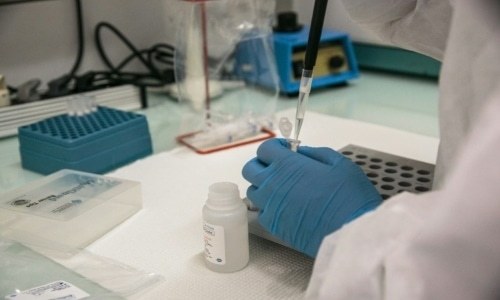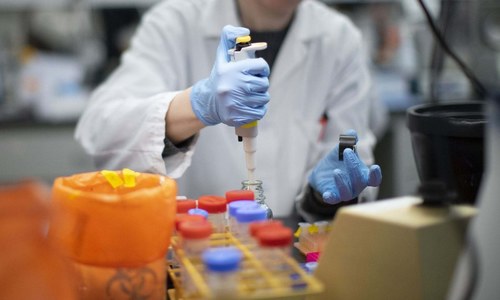KARACHI: Institutions in the US, Brazil, Pakistan, Senegal, South Africa and Taiwan will collaborate under a grant that seeks to develop the United World for Antiviral Research Network (UWARN) — a vital global research initiative into infectious diseases and pandemics.
The $8.75 million grant spread over five years has been awarded to the University of Washington (UW) and its partners, including the Aga Khan University (AKU), by the US National Institutes of Health’s Centers for Research in Emerging Infectious Diseases (CREID).
UWARN — one of 10 centres in the CREID Network which has multidisciplinary teams of investigators spread over 30 countries — will help in the race to identify potential pandemic viruses, develop the urgently needed diagnostic tools and drugs that work against a range of pathogens, and expand understanding of the body’s immune responses to viruses.
Several AKU faculty will be involved in the project. Najeeha Talat Iqbal, from the paediatrics and child health and biological and biomedical sciences department is the principal investigator for Pakistan.
Dr Farah Qamar and Dr Ali Faisal from paediatrics and child health, and Professor Erum Khan from pathology and laboratory medicine are co-investigators on the project.
WHO had identified in 2018 a priority list of viruses for which no vaccines and drugs were available
Such large-scale global collaborations, according to AKU experts, are becoming all the more necessary to combat diseases, known and unknown.
‘Disease X’
Just two years ago, in 2018, the World Health Organisation had identified a priority list of viruses for which no vaccines and drugs were available. It included “Disease X”, a stand-in for pathogens yet unknown that could cause a serious international epidemic; Covid-19 is exactly the type of threat that Disease X was meant to represent.
“Pandemics are becoming an increasingly frequent threat to public health in the ... developing world,” said Prof Asad Ali, associate dean for research at AKU. “We need to deepen our understanding of emerging infectious diseases in order to prevent the emergence of new viruses from becoming pandemics that threaten our way of life.”
UWARN researchers will be looking to advance innovative approaches to laboratory diagnosis, including identifying reagents for antibody tests that detect antibodies in the blood in order to diagnose an active or previous infection.
Another approach would be through ‘designed proteins’ that release light when antibodies are present in the blood, using technology developed by UW Medicine Institute for Protein Design.
The group will also work to improve understanding of how viruses manipulate the human immune system, facilitating development of better blood biomarkers to predict the severity of diseases as well as drugs that could improve outcomes for patients with viral infections.
The CREID network will be coordinated by the Research Triangle Institute, a large non-profit research organisation with regional and project offices in over 75 countries, and Duke University known for its cutting-edge medical research and home to the Duke Human Vaccine Institute.
Published in Dawn, June 5th, 2020
















































